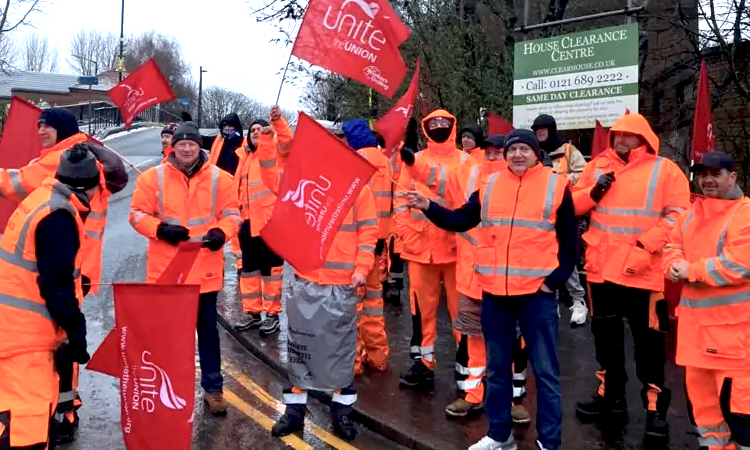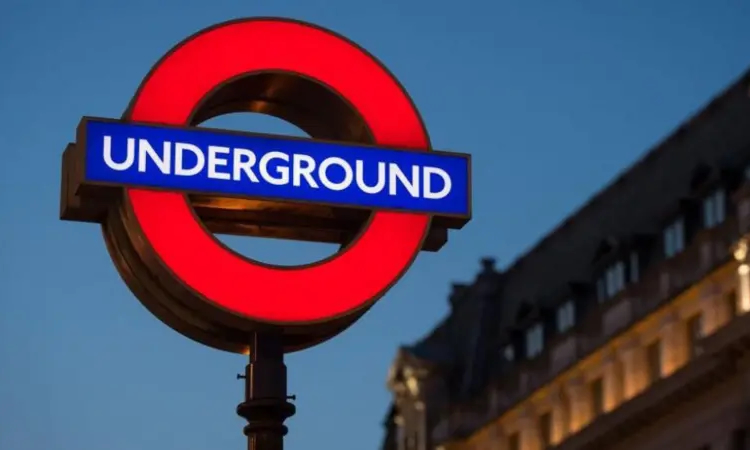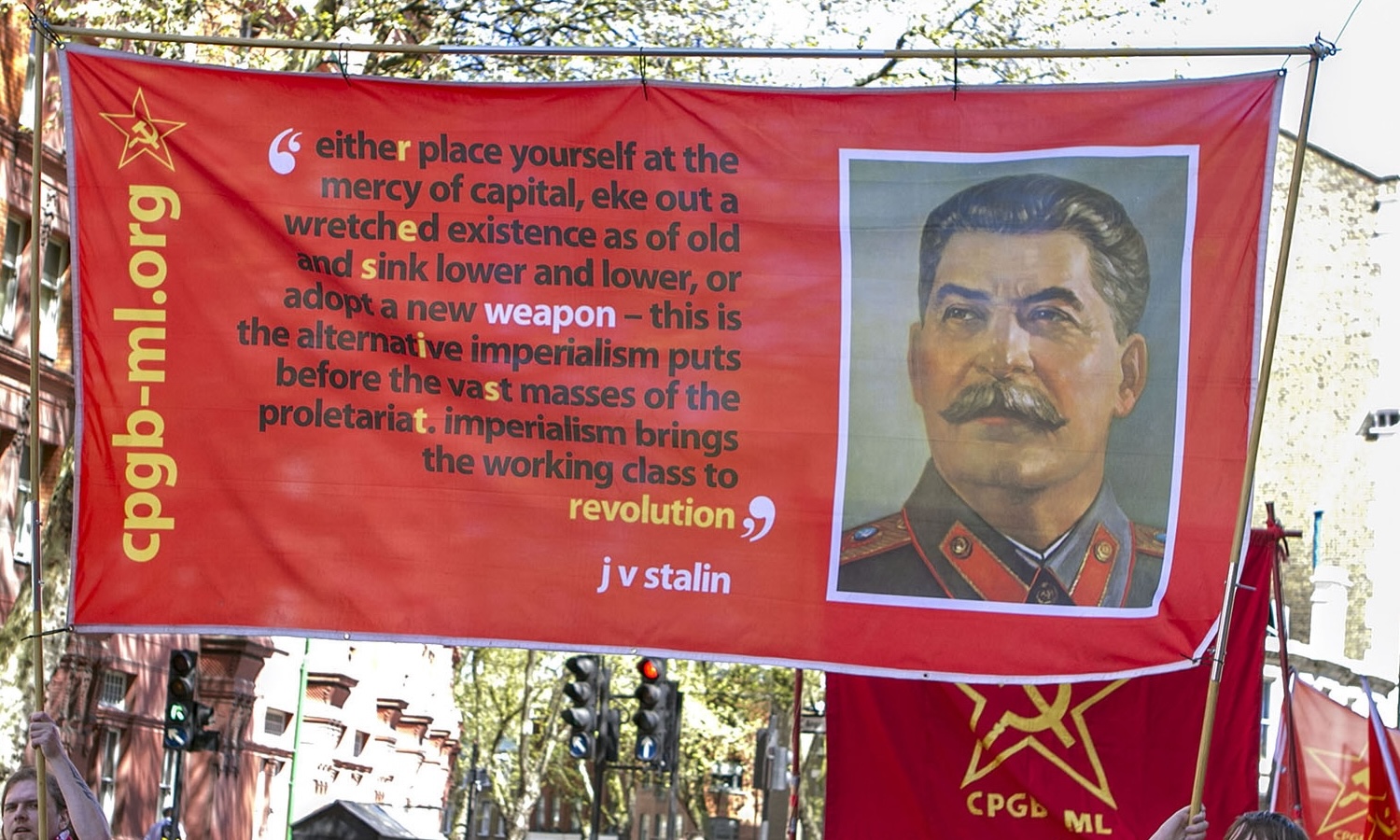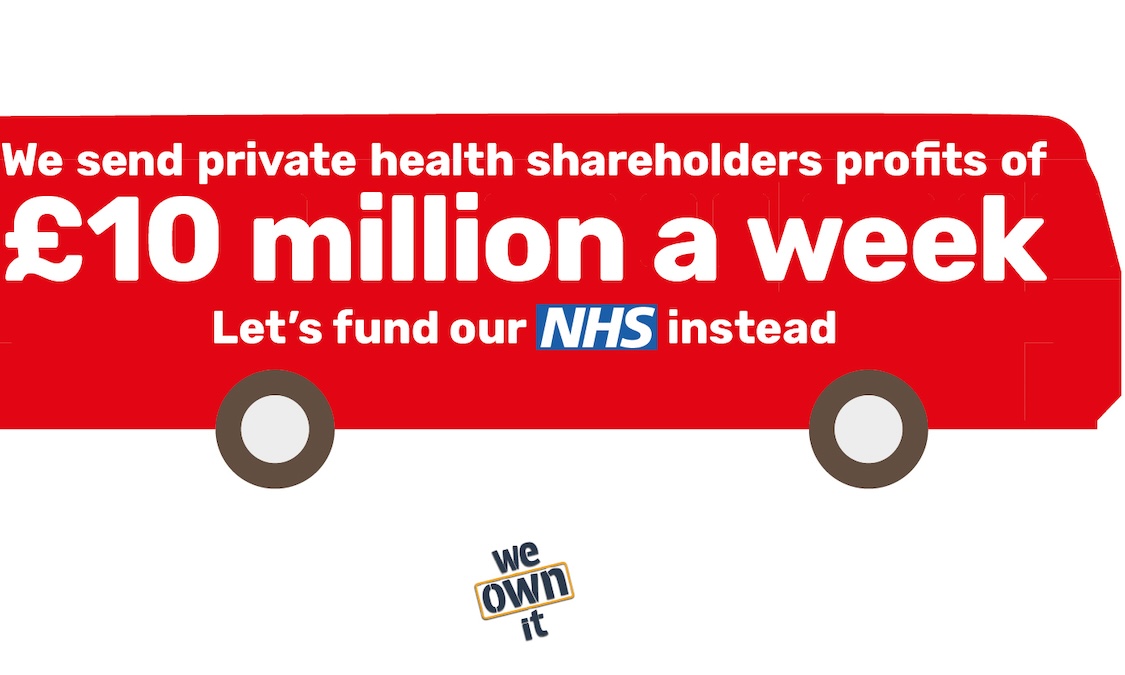On Wednesday 7 May, the RMT rail union took to the online airwaves to formally launch their latest campaign ‘Better Jobs, Better Services: End Rail Outsourcing’. The event was hosted by senior dignitaries of the union, including general secretary Eddie Dempsey and assistant general secretary John Leach.
Eddie Dempsey opened by quoting from a speech, made in 2021 by now chancellor Rachel Reeves, in which had she said that “under [Sir] Keir Starmer’s Labour government we will see the biggest wave of insourcing of public services for a generation”. Dempsey called on Labour to back these words with actions and end the culture of outsourcing which has blighted the rail industry since its privatisation in 1994.
Dempsey went on to cite the Labour government’s pledge to create “an integrated public railway, owned by the public, that cuts out wasteful profiteering and interface costs, and one in which workers are proud to work for Great British Railways [the proposed brand name for the nationalised railways] and are viewed as an asset and not as a cost”.
Dempsey said that the RMT was in “full agreement” with this vision, outlining the findings of new research published by the union on 6 May, which revealed that:
- Fifty-eight percent of outsourced cleaners and caterers are from black or minority ethnic (BME) background, despite making up only 25 percent of directly employed train operator staff.
- In London and the south east, the racial divide is even sharper: up to 80 percent of outsourced cleaners are BME, compared with 40 percent of train and station staff.
- Eighty-two percent of outsourced workers want to build a career in Great British Railways, yet 77 percent have never had a discussion about promotion, and 68 percent have had no meaningful training in the last three years.
- Eighty-three percent are regularly performing unpaid duties like customer service and fault reporting, tasks expected of directly employed staff.
- Eighty-three percent of outsourced rail workers believe that passengers would benefit if their service was taken in-house and run directly by Great British Railways.
Functions in the railway industry, including but not limited to cleaning, catering and maintenance, have been outsourced by the industry since British Rail was privatised in 1994.
The profiteers’ web
The whole industry has been transformed by privatisation from a single entity in British Rail, which was run by a single board and managed locally in the regions, into a fragmented, bureaucratised and tangled mass of companies – some of them operating passenger and freight services, some leasing rolling stock and others maintaining the infrastructure.
Outsourcing has been an integral part of this fragmentation. British Rail employed its own cleaners to service trains as they sat in depots overnight, but with the creation of franchises and with private companies looking to extract maximum profit from the contracts they have won, the cleaning function was effectively privatised twice over, with contract cleaning companies like Initial and ABM moving in.
The same situation was repeated for on-board catering. When British Rail was privatised and on-board trolley services were farmed out to privateers, companies like Rail Gourmet and others moved in to charge exorbitant prices for doling out sub-par refreshments to a captive audience.
In 2025, the rail industry is replete with private contractors, from cleaners and catering staff to security workers staffing ticket barriers at stations across the country. These workers are on low-paid and often zero-hours contracts, while others are employed on bogus ‘self-employed’ terms, without pensions or sick pay.
The case for insourcing
The RMT stated in their livestream on 7 May that, by ending outsourcing, almost £400m could be saved, which would amount to a 3.8 percent reduction in fares for passengers. In the post-privatisation world of railways, inefficiency is baked into the cake.
The question of cleaners was a focus during the livestream, as it is in this area that the RMT has made the headway in pushing back against outsourcing. Transport for Wales (the agency managed by the Welsh government) and Northern Rail have brought their cleaning staff back in-house, and the RMT is in discussions with London Underground to insource the 2,000 cleaning staff who are currently employed by ABM.
RMT’s Bella Fashola, an outsourced cleaner herself, spoke about the pressures that faced cleaning staff: contract staff were expected to clean between five and ten trains per hour, while others were forced to buy their own cleaning equipment because their employers were either unwilling or reluctant to replace worn out items.
For decades, workers in the railway industry have been able to move from one role to another, often starting in jobs like cleaning and moving into better-paid jobs over the course of their careers. But since privatisation, these avenues for progression have been closed off. For a cleaner working for a contracted firm, the career options are to get promoted to a supervisor role or to stay as a cleaner.
Dempsey spoke about the various paths that many workers, including the assistant general secretary himself, had taken from the humble beginnings of cleaning, and which were now closed off to workers by the parasitism and profiteering of privatisation.
Role of Labour in privatisation jamboree
It was with interest that we heard from Elly Baker, who is a Labour party London Assembly member and former paid organiser for transport union TSSA. Baker spoke about how insourcing “can be done and we know it works” in the case of ABM cleaners on London Underground. But she chose to overlook – or perhaps wasn’t aware? – that it was in fact a Labour government that carried out the single largest outsourcing of key functions in London Underground’s history.
Metronet and TubeLines, two large contact companies, were brought into existence in 2000 to carry out infrastructure work on London Underground, including maintenance of signalling and rolling stock. These parasitic entities were brought into being at the behest of then chancellor Gordon Brown under his ludicrous ‘public-private partnership’ (PPP) initiative.
Metronet, which was backed by companies including Atkins, Balfour Beatty and Thames Water, won contracts to manage the infrastructure on two-thirds of London Underground. But after raking in handsome profits from the contracts it had with its publicly-owned ‘partner’, the company went bust in 2009 and was unceremoniously brought in-house by London Underground.
Meanwhile TubeLines, which was backed by such companies as Amey, Bectel and Jarvis (the contractor whose negligence caused the Potters Bar rail crash in 2002) won the contract to maintain the final third of London Underground’s infrastructure. This enterprise, too, had to be bought out by Transport for London and effectively dissolved in 2010 under public and political pressure to insource key functions, just had been done earlier with Metronet.
Workers who joined TubeLines did so on worse conditions than their more senior colleagues who were transferred from London Underground when MetroNet and Tubelines took over contracts, and now find themselves with worse pension provisions than they would have had if they had joined London Underground. To date, this has not been addressed.
It should also be noted that it was a Labour government that presided over the national rail network for 13 years (1997-2010), during which time it signally failed to address any of the inherent failures of rail privatisation until its hand was forced in 2000. The rail crash in Hatfield, Hertfordshire, which killed four people in that year, cruelly exposed the inadequacies of the private rail infrastructure company Railtrack, leading to its nationalisation in 2002.
It was found that the rail which broke and caused the Hatfield accident contained 150 pre-existing cracks and that Railtrack held no records of the state of its own infrastructure, leaving the task of surveying, recording and allocating maintenance work to its outsourced contractors. With the reputation of the company already in the toilet after its role in the 1999 Ladbroke Grove disaster, the government was left with little option but to pull the plug and create Network Rail, a publicly-owned entity, in its place.
During the RMT’s livestream, Eddie Dempsey identified that some 50,000 rail workers will be leaving the industry over the next five years through retirement, pointing out that insourcing would allow staff now employed under contract to a variety of companies to apply for promotion to other roles within the industry.
However, despite identifying the problems created by outsourcing, Dempsey essentially failed to get to the root of the problem – which is that privatisation of publicly-owned utilities, including our rail network, was done in order to extract the maximum profits for robber barons while the state acts as the guarantor. In the railway industry, we are regularly reminded that the state is the ‘operator of last resort’, which is forced to take over services when privateers decide they can no longer make enough money from running them and walk away.
Unless this merry-go-round is done away with once and for all, and the parasites of the private sector are driven out of every public service, then all the problems created by outsourcing can never truly be overcome.
















